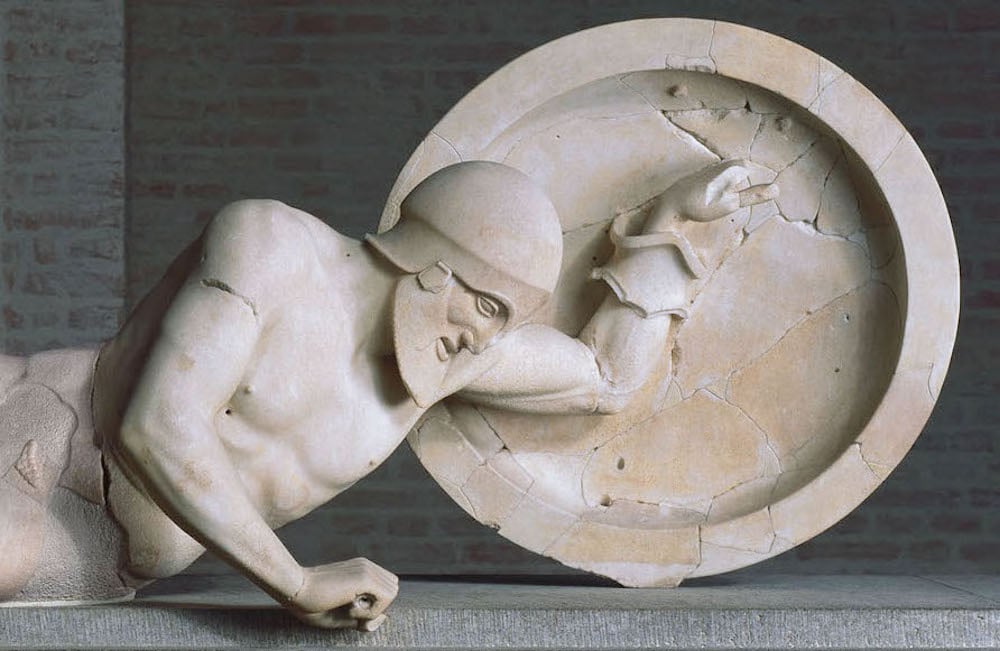This is a time of ferment on the American right; that much has become abundantly clear. The post-Reagan consensus built around social conservatism and economic libertarianism is failing, trampled down by an economy that has left middle America behind and betrayed by the fact that Republican donors who bankroll this agenda turned out to never actually care about social conservatism to begin with. The outcome has been a weakening of civil society, a fraying social safety net, and a society marked by isolation, all of which makes us more vulnerable to mental illness and, as we’re seeing today, to actual physical illness in the case of the COVID-19 virus.
Login to read more
Sign in or create a free account to access Subscriber-only content.
Topics:
